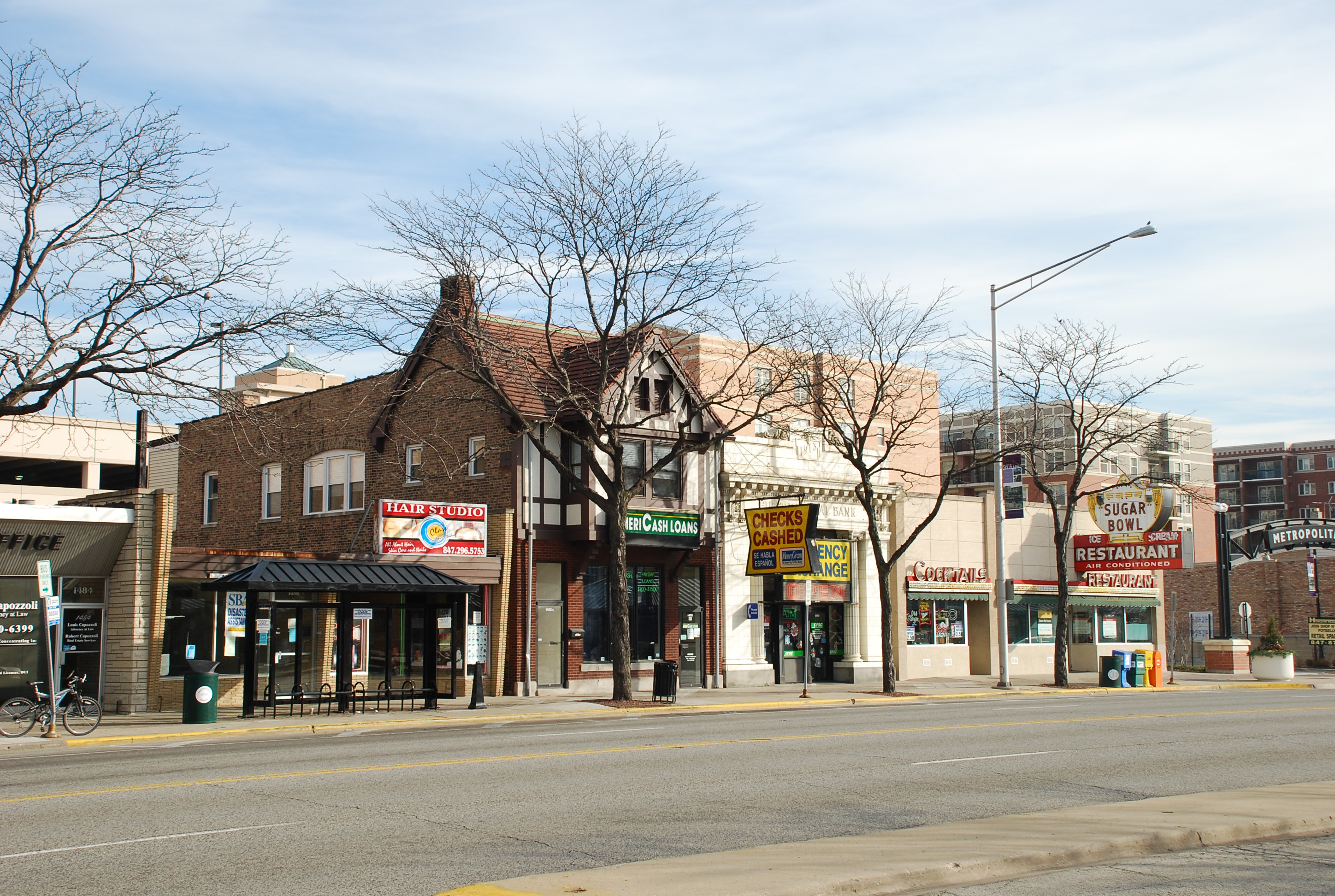NEED HVAC REPAIR IN DES PLANES? WE ARE PROVEN.
Our philosophy is simple: we treat our customers the way we’d like to be treated. Before starting work, our Des Plaines Heating and Cooling team will educate you as to your options and potential costs of your furnace repair or boiler replacement. We show our respect by showing up on time, being prepared, doing quality work, and treating your home as if we were working in our own. When we’re done, you pay what was agreed upon up front and can count on us to stand behind our work. When you couple that with our dedication to our customers, there’s no need for people in the Des Plaines and Chicago Metro area to go anywhere else.
If we’re the kind of HVAC company you’re looking for, give us a call or send us an email to tell us more about your heating problem. We promise you’ll be glad you did!
Our Des Plaines HVAC services include but are not limited to:
-
Repairs, maintenance, and equipment replacement – from vintage heating systems to today’s most efficient furnaces and boilers.
-
New installations.
-
Fully stocked parts counter for all name brands.
-
Steam and hot water boiler systems – Chicago’s Boiler Specialists!
-
Furnaces and air conditioning.
-
Unico high-velocity air conditioning systems.
-
Water heaters.
-
Commercial heating, cooling, ventilation, refrigeration, and hot line equipment.
About Des Plaines
Des Plaines is a city in Cook County, Illinois, United States. Its population was 58,364 at the 2010 census. The city is a suburb of Chicago and is located just north of O’Hare International Airport. It is situated on and is named after the Des Plaines River, which runs through the city just east of its downtown area.
In 1955 Des Plaines became home to the McDonald’s Corporation’s first restaurant. The community welcomed Oakton Community College in 1969. Population reached 57,239 in 1970 and declined to about 53,000 in the following two decades. By 2000 the population had grown to 58,720.
Connections for workers continue to make Des Plaines an attractive community for commuters. Next-door to O’Hare Airport, townspeople have access to numerous daily trains, extensive bus lines, major roads such as Rand Road and Northwest Highway, and tollroads and expressways.

 1-800-577-6364
1-800-577-6364  sales@knightsehc.com
sales@knightsehc.com  Scheude An Appointment
Scheude An Appointment